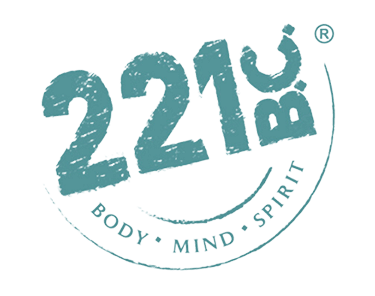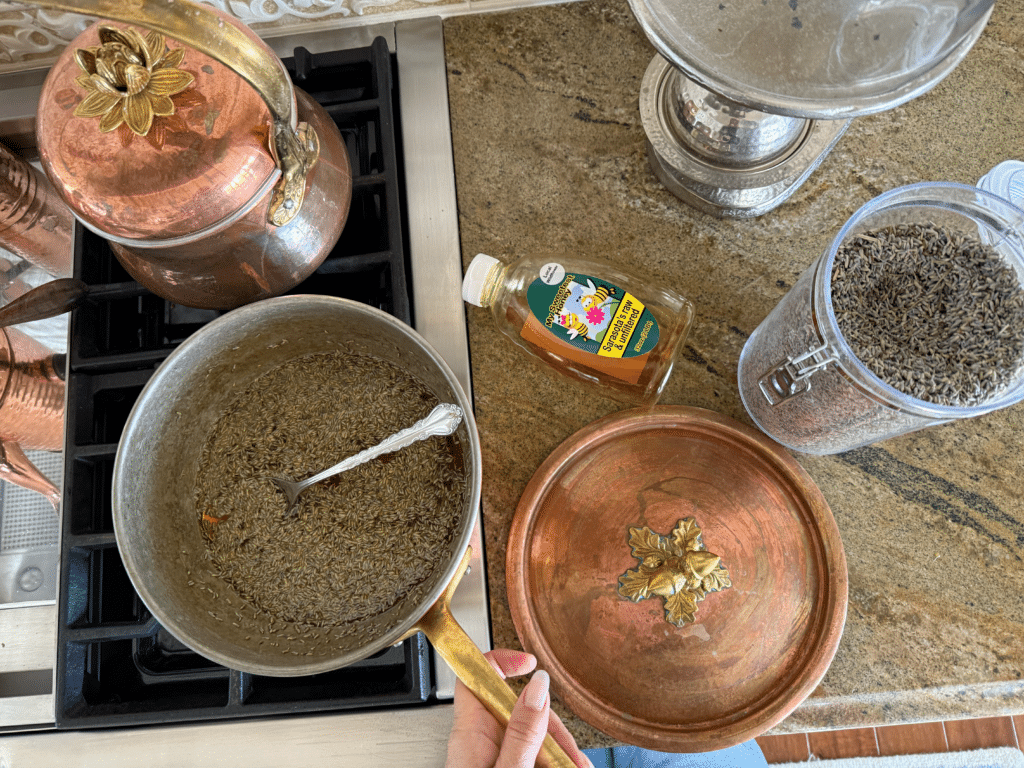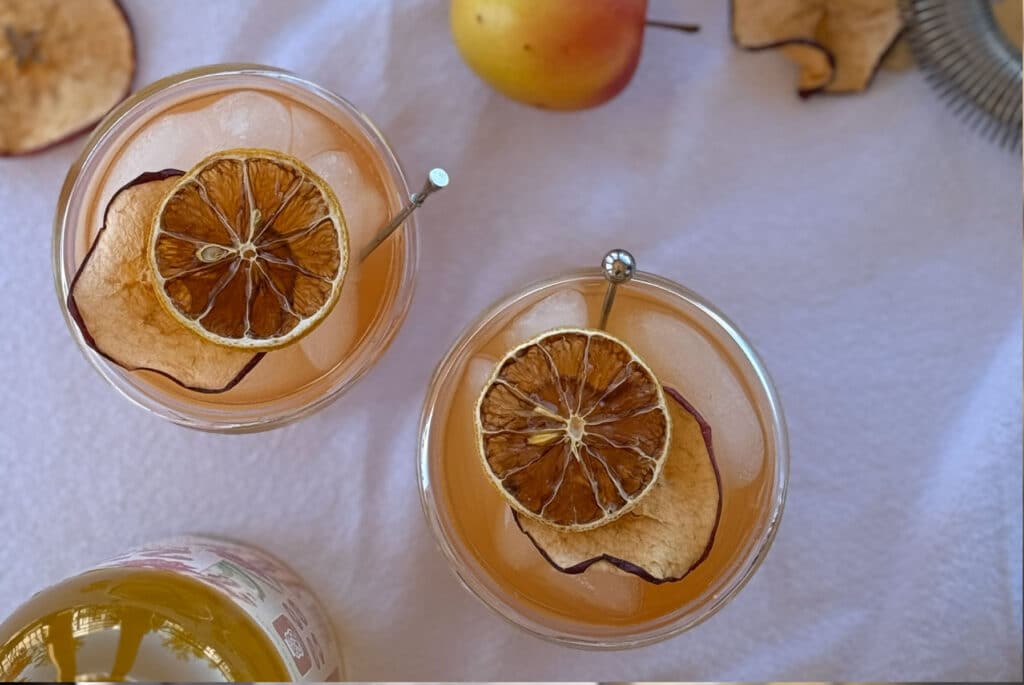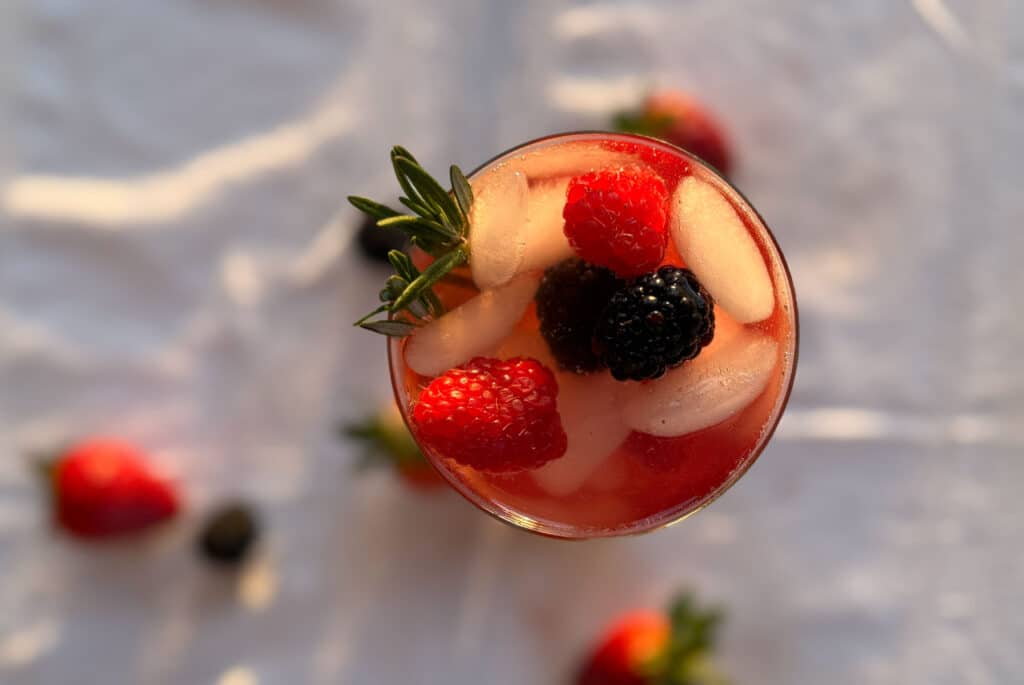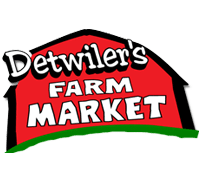This past Sunday, I cooked dinner with my mother. The kitchen buzzed with the scent of herbs and roasted vegetables, and the peach cobbler cooling by the window made the whole house smell like summer. It was one of those meals where everything aligned—timing, flavors, conversation, and the quiet rhythm of family moving around each other with familiarity and ease. We didn’t feast. We nourished. There was grass-fed roast, garden zucchini sautéed in olive oil, and a salad kissed by stone fruit and basil. It was beautiful.
It was, as far as I’m concerned, pure bliss.
But somewhere between the roasted carrots and the cobbler, the spell broke. “That’s gotta be 2000 calories,” someone joked, nudging their plate. “If I eat this, I’m running five miles tomorrow.” Another chimed nonchalantly: “Straight to the Ozempic bar after this.”
They laughed, but it landed heavily. We’d just shared a homemade, seasonal, thoughtfully-prepared meal—made from scratch, from the best ingredients, and with care. Yet the conversation pivoted almost reflexively to guilt. Measurement. Punishment. The meal was no longer food. It had become a threat.
It was disheartening.
And more than that, it was revealing. Because those same voices wouldn’t dare critique their morning scoop of lab-isolated protein powder or powdered collagen swirling into oat milk lattes. They wouldn’t question the ultra-processed “health bars” or fortified snacks wrapped in plastic that pass as wellness. Those are labeled clean, macro-friendly, and optimal. But the real food? The peach picked at peak ripeness, the cobbler made with love? That’s what gets side-eyed and shamed.
I want to be clear: I’m not anti-health. I run a fermented beverage company. I believe deeply in real nourishment. I respect when someone listens to their body. But what I witnessed wasn’t that. It was the echo of a cultural anxiety—one that’s been growing louder and more normalized over the past few years. And it left me wondering: What happened to us, and who is training our minds to think this way? Is it possible that marketing has become so curated, so sophisticated, that we’ve been convinced that God-given food is the enemy?
We’ve become afraid of the very foods that have sustained us since the beginning of the earth, and instead placed our trust in Frankensteined formulations, short-lived trends, and drastically under-researched substitutes that mimic nutrition but lack the soul of it. Let’s be honest: no one is immune to marketing anymore. I don’t think any of us can truly reject it. Even when we know better, the algorithms know us better still.
A 2022 study published in Appetite revealed that consumers are more likely to associate “scientifically formulated” health products with trustworthiness than whole foods grown in nature. In other words, we’ve been marketed into believing the lab is smarter than God and His provisions. That a powder can outperform a peach. That control is better than connection.
We used to understand something sacred about food. That it wasn’t just fuel or math. It was a connection. A celebration. A sensory link to the earth and each other. Now, even in homes like mine, where meals are prepared with love and whole ingredients, the conversation centers around caloric math, biohacking shortcuts, and shameful confessions whispered between bites.
I worry about where this is heading.
There’s nothing wrong with being mindful. But mindfulness has been hijacked by metrics and marketing. Instead of honoring real, whole food, we’re injecting our appetites away, and demonizing anything with butter or joy. In our quest for health, we’ve become afraid of the very thing that sustains us. This isn’t nostalgia. It’s a reckoning. Food is not a threat to overcome. It’s a blessing to receive. When did we stop trusting that?
That Sunday dinner reminded me how broken our relationship with food has become—not because of the ingredients on the plate, but rather because of the noise in our heads. The fear. The pressure. The impossible standards. Even in the presence of beauty, nourishment, and family, the conversation turned toward control and escape.
I’ll keep cooking. I’ll keep choosing grass-fed, seasonal, and real. And I’ll keep praying that one day we learn to sit down at a table again—not with calculators or confessions—but with gratitude.
Let food be a blessing, not a burden.
Psalm 104:14–15 – “He makes grass grow for the cattle, and plants for people to cultivate—bringing forth food from the earth: wine that gladdens human hearts, oil to make their faces shine, and bread that sustains their hearts.”
